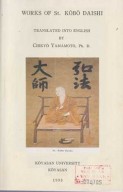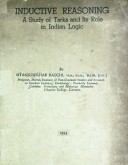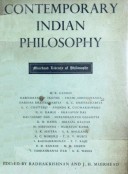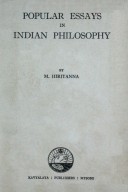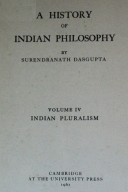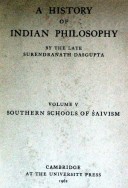Tìm Sách
Sách tiếng Anh-English >> The Work of St. Kobo Daishi
Thông tin tra cứu
- Tên sách : The Work of St. Kobo Daishi
- Tác giả : Kobo Daishi
- Dịch giả : Chikyo Yamamoto
- Ngôn ngữ : Anh
- Số trang : 641
- Nhà xuất bản : Koyasan University
- Năm xuất bản : 1993
- Phân loại : Sách tiếng Anh-English
- MCB : 12010000004705
- OPAC :
- Tóm tắt :
WORKS OF ST. KOBO DAISHI
Translated into English by
CHIKYÒ YAMAMOTO, PH.D.
KÒYASAN UNIVERSITY
FOREWORD
If one had to select from among the many philosophical and religious thinkers that have appeared in Japanese history a single person who ranks among the great thinkers of the world, there would be little choice but to point to the figure of Kòbò Daishi Kũkai (774-835). This selection would be due to more than just the impressive depth and breath of the systematization of his thought achieved nearly twelve hundred years ago. Kũkai also comes to fore because his thought embodies certain priciples that are instructive for a society like our global one with its plurality of value systems and variety of religious and cultures. His thought is grounded in principles conducive to peaceful, non-confrontational ways of co-existence. Truly, part of the greatness of Kũkai’s thought is that it serves as much more than a window to the past, for his ideas are still alive and continue to posses significance for the modern world.
The age in which Kũkai lived, from the late eights through the early ninth century, marked the beginning of the period of unique Japanese internalization of the Chinese culture which had been imported from the continent for over three centuries. Considered especially in terms of religious thought, this period saw the transmission of the new forms of Buddhism transplanted by Kũkai and his contemporary Dengyõ Daishi Saichõ (767-822). Both men were cultural envoys sent by their government to obtain knowledge of the great T’ang culture of China.
CONTENTS
Foreword, by Shingen Takagi
Preface
- The conclusions of the three teachings
Part I The argument of Master Kibò (Confucianist)
Part II The argument of nihilistic hermit (Taoist)
Part III The argument of the beggar with a temporary name (Buddhist)
2. The way of becoming the Buddha with this body
3. On the true aspect of the sound and the word.
4. On the word Hùm
5. The secret key to the Prajnãpãramitã-hrdaya-sũtra
6. An exposition of the Mahãvairocana-sũtra
7. Interpretation of the Saddharma-pundarika-sũtra
8. An exposition of Brahmajãla-sũtra
9. An exposition of all the scriptures
10. On the exoteric Buddhism and the esoteric Buddhism
Vol. one
Vol. two
11. A precious key to open the secret repository
Vol. one….240, vol. two…263, vol. three…294
12. Excellent writtings that arouse the marvel of Kòbò-daishi
Vol 1…336, vol 2…356, vol 3…378, vol 4….391
Vol 5…417, vol 6…432, vol 7….451,vol 8…475
Vol 9…515, vol 10…540.
Appendices
13. The Bodhicitta-sastra or the treatise on the mind of enlightenment
14. Prajnãpãramitã-naya-sũtra
 Facebook
Facebook
 Google
Google
 Google+
Google+
